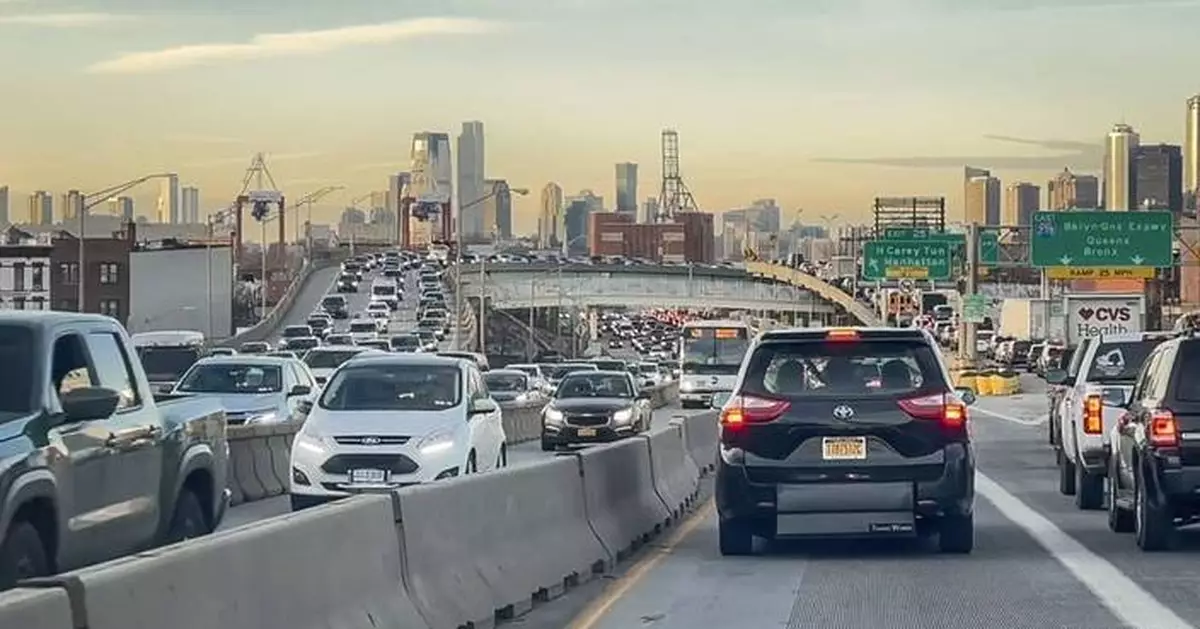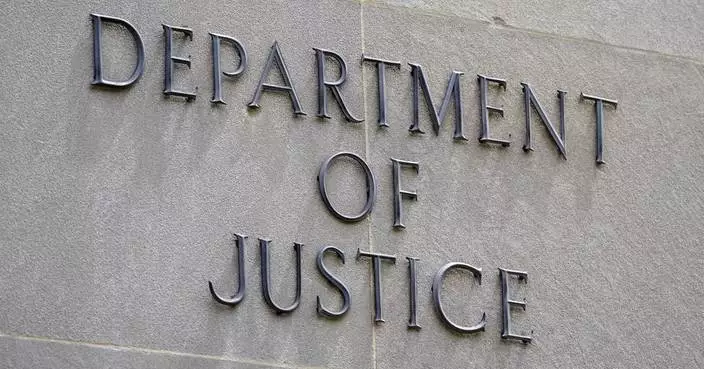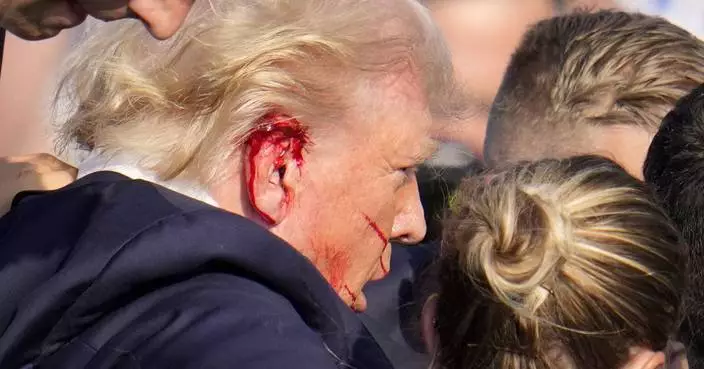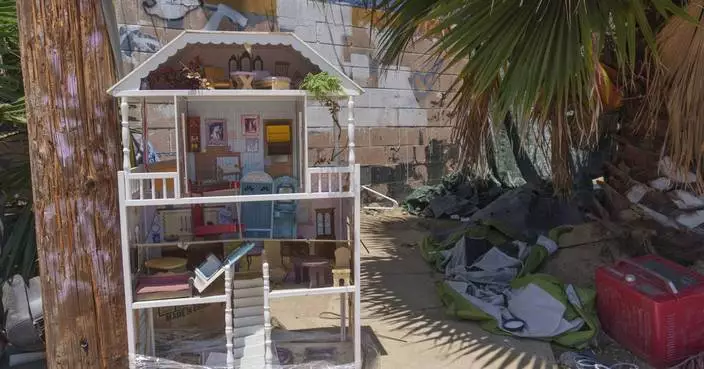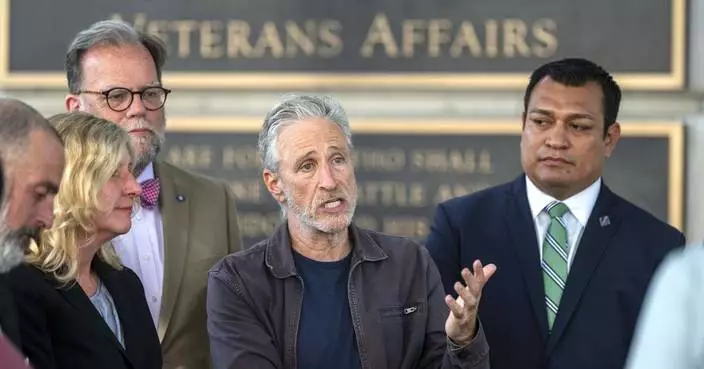NEW YORK (AP) — New York’s first-in-the-nation plan to levy a hefty toll on drivers entering much of traffic-choked Manhattan was the focus of a legal battle that played out in federal court Friday.
A Manhattan judge heard arguments in lawsuits brought by unionized public school teachers and other New Yorkers seeking to put the brakes on the plan set to launch June 30.
But U.S. District Court Judge Lewis Liman didn’t issue any decisions following the daylong hearing, where the central question was whether transportation officials have sufficiently thoroughly studied — and come up sufficient plans to address — the negative health and environmental effects of the toll.
Most drivers in private cars, locals and tourists alike, heading into Manhattan south of Central Park should expect to pay about $15 during the daytime, with higher tolls for larger vehicles and lower rates for motorcycles and late-night entries into the city, according to the proposal finalized in March. Those who aren’t enrolled in a regional toll collection program will pay $22.50.
Alan Klinger, a lawyer representing lower Manhattan residents, said the toll amounts to a “cash grab” by transit officials looking to pump billions of dollars into the region’s creaky subway, trains and buses.
“There’s a desperate need to put funds into mass transit, and that is their overriding issue,” he said.
Lawyers for the Metropolitan Transportation Authority, the agency overseeing the congestion fee plan, didn't dispute that the toll will provide a critical cash infusion of around $1 billion annually for the system, which carries about 4 million riders daily.
But they also argued that the toll will help reduce traffic and improve regional air quality by discouraging driving into Manhattan. The MTA also maintains it conducted extensive environmental reviews that found no significant effects to local communities that could not be addressed by focused mitigation efforts.
Klinger and other lawyers representing Manhattan residents argued Friday that the tolling scheme was given the green light by federal transportation officials without proper scrutiny.
Among other things, they noted that the Federal Highway Administration’s review was complete even before New York officials approved the toll’s final structure.
Toll opponents want the court to order transit officials to conduct a more comprehensive environmental study before rolling out the plan.
“This is supposed to be an all-encompassing process, and it has been anything but,” Klinger said.
Lawyers for the highway administration countered that New York transit officials had thoroughly analyzed the plan’s consequences and presented sufficient details for how they would address any harmful effects.
“None of these challenges have any merit,” said Zachary Bannon, a highway administration lawyer.
While the toll is expected to lead to an overall decline in traffic across greater New York City, some areas will see a “small degree” of increased congestion, acknowledged Elizabeth Knauer, an MTA lawyer.
The agency, she said, has committed to investing about $155 million over five years to offset those effects, including installing more roadside plants, parks, school air-filtration systems and more electric vehicle charging stations.
Other lawsuits argued Friday contend that low-income and minority communities already dealing with poor air quality will be particularly hard hit by the health effects of increased traffic through their streets.
They also argue drivers from other city boroughs and suburbs that lack adequate mass transit will take a disproportionate financial hit. Additionally, they claim, small businesses in the congestion zone will face higher operating costs and fewer customers.
“We have been clear that this current MTA plan moves pollution and congestion out of Manhattan and sends it into the other boroughs and neighborhoods already dealing with environmental hazards,” Michael Mulgrew, president of the United Federation of Teachers that’s among the groups challenging the plan, said in a statement. “It is not fair, and we are asking the courts to tell the MTA to come up with a better plan.”
Many of the claims in Friday’s lawsuits echo arguments made last month during a two-day hearing in a New Jersey federal court, where New Jersey Gov. Phil Murphy and Fort Lee Mayor Mark Sokolich have each filed lawsuits.
Judge Leo Gordon, who is weighing those legal challenges, has said he plans to issue a written decision before the toll takes effect.
Follow Philip Marcelo at twitter.com/philmarcelo.

FILE - Traffic is steady as vehicles approach Hugh Carey tunnel linking Brooklyn to Manhattan, Wednesday, Feb. 7, 2024, in New York. New York’s first-in-the-nation plan to levy a hefty toll on drivers entering much of traffic-choked Manhattan is the focus of a legal battle set to play out in federal court Friday, May 17. (AP Photo/Bebeto Matthews, File)


